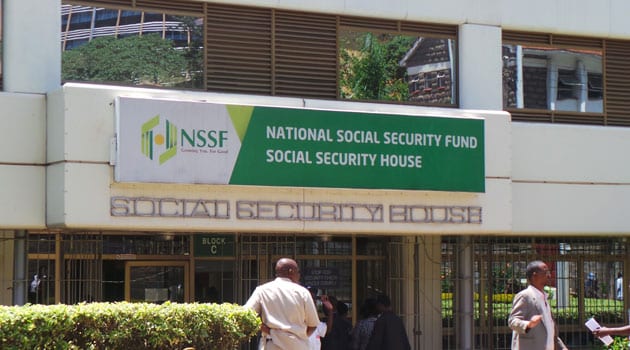The National Social Security Fund (NSSF) of Kenya has come under fire following allegations of irregular bond trades that may have benefited insiders at the expense of pensioners. The controversy came to light after the Central Bank of Kenya’s Director of Financial Markets raised concerns in a letter, prompting an investigation by the Capital Markets Authority (CMA).
According to the Central Bank’s analysis, NSSF purchased bonds at prices significantly higher than the market average, raising suspicions of malpractice. The implication is that insiders at NSSF may have colluded with brokers to generate trading income for third parties.
“Very strange dealings are happening in our bond markets. I recently came across a letter by the Central Bank of Kenya’s Director of Financial Markets, David Luusa, to the CEO of the Capital Markets Authority (CMA), asking the market regulator to investigate recent bond trades between some stockbrokers and market players and the National Social Security Fund (NSSF).” Jaindi Kisero, a financial analyst, stated
The letter described transactions in May and July as “illegal,” suggesting a pattern of questionable trades. The CMA has been tasked with investigating these dealings and their connections with the Central Bank of Kenya.
An industry insider, speaking on condition of anonymity, said, “Can we really claim to have a proper yield curve that accurately captures and reflects prices? It is an open secret that many treasury departments of the large commercial banks generate their own yield curves.”
This practice, if true, could distort market prices and create opportunities for exploitation. The NSSF, as a major player in the bond market, has a responsibility to ensure transparent and fair trading practices.
The investigation is ongoing, and stakeholders are calling for increased oversight of bond trading activities. If the allegations are proven true, it could lead to significant reforms in Kenya’s financial markets and potential legal consequences for those involved.


















